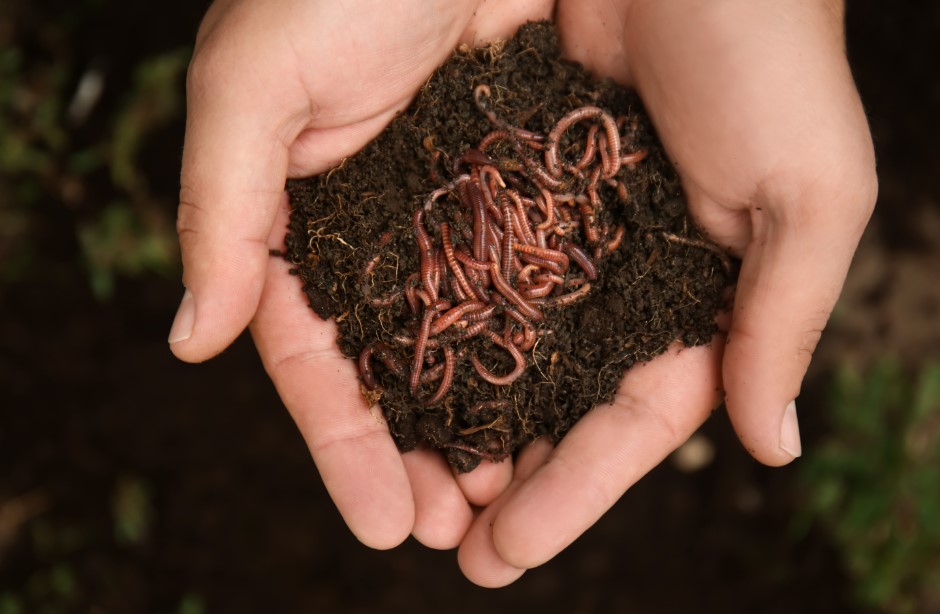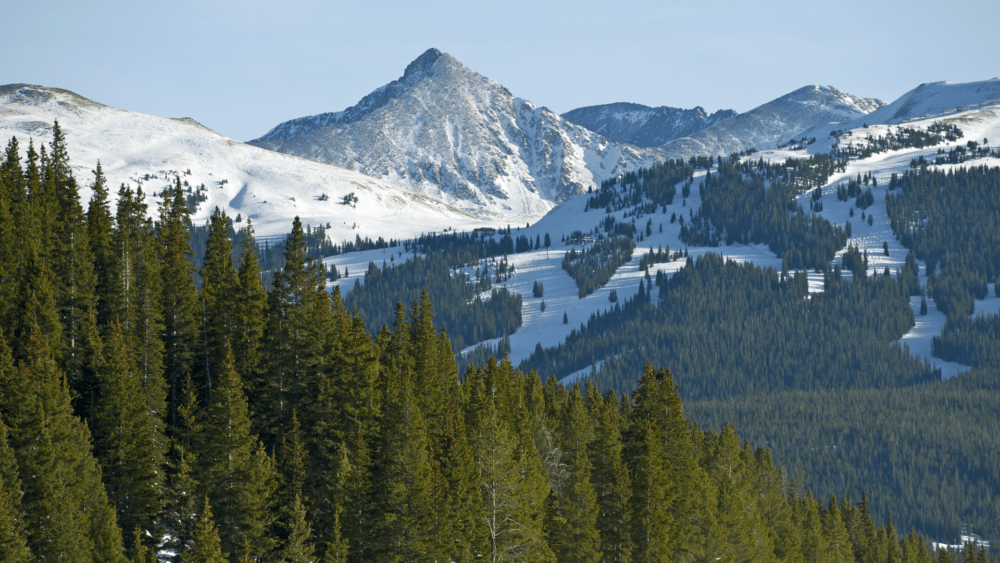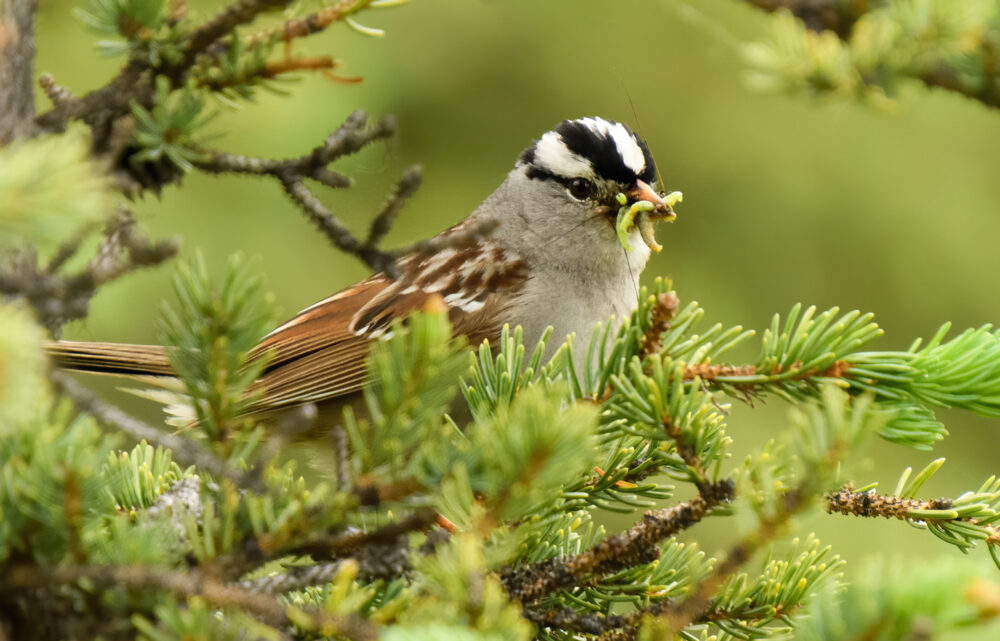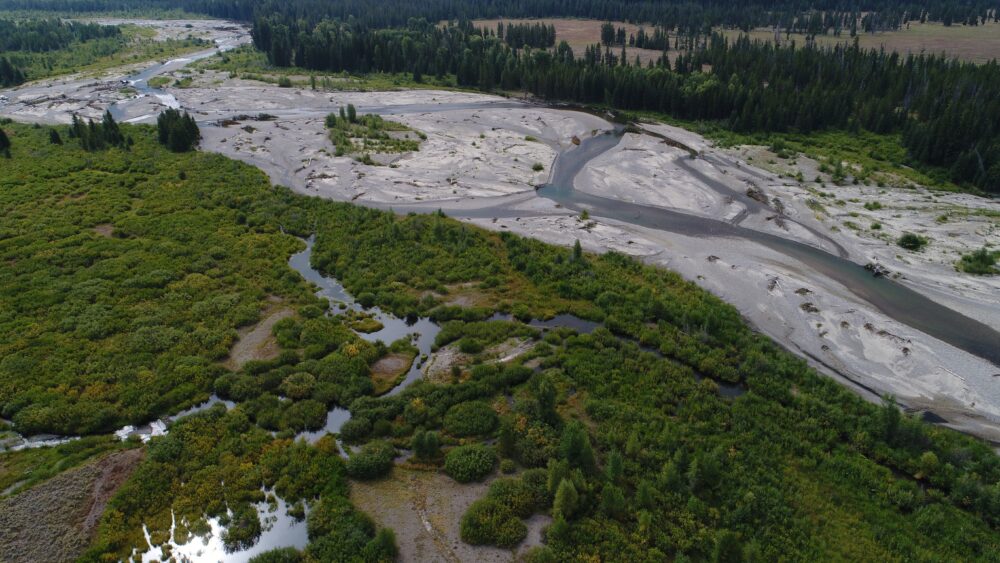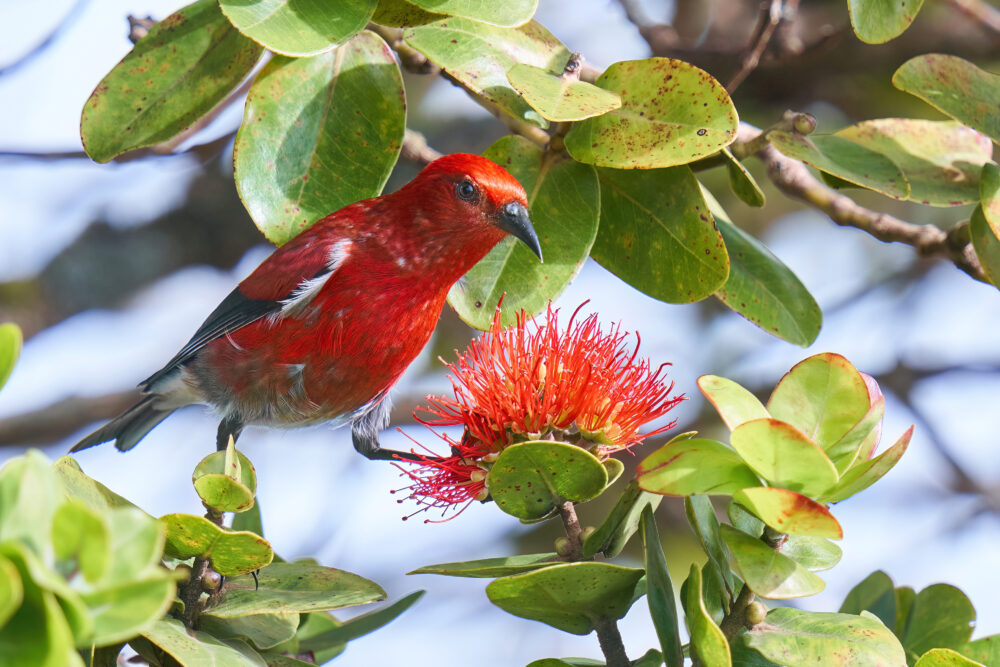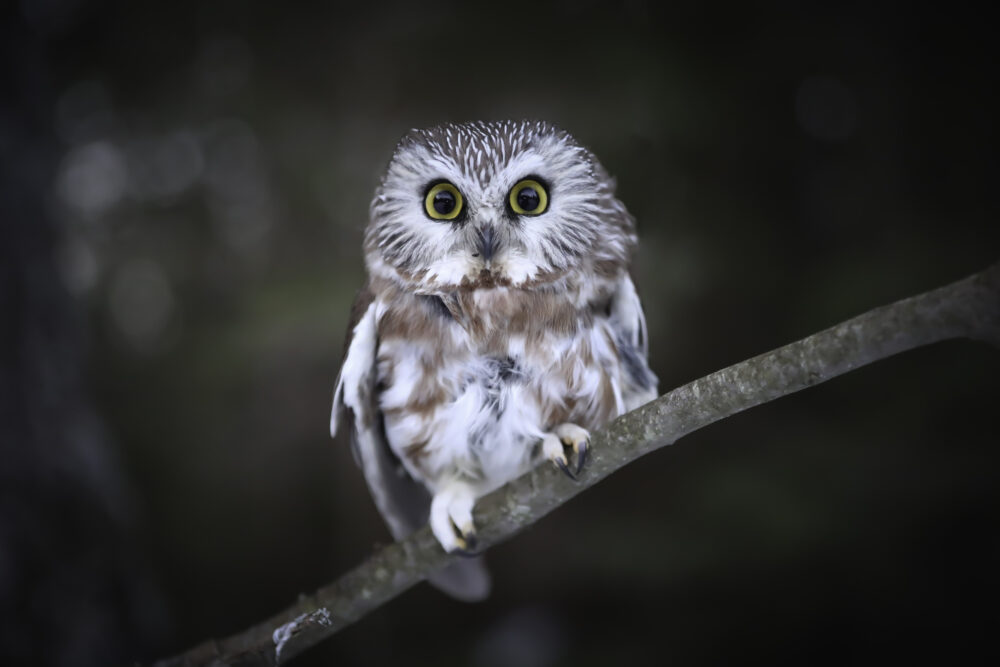We have much more to do and your continued support is needed now more than ever.
Celebrating National Endangered Species Day in Your Own Backyard
National Endangered Species Day is Friday, May 20th. The day probably makes most people immediately think of pandas, polar bears, and gorillas or other charismatic mega fauna. And, of course, we must work tirelessly to protect these species. I was lucky to live in Hawaii and work to protect species only found on the small island chain. It was an amazing thing to steal a glimpse of a Hawaii Stilt (Ae’o) or Hawaii Goose (Nene). In Guatemala, to see a pair of Macaws flying through the air (they mate for life) was a rare sight I was only lucky to have once. But what about species in our own backyards and favorite spots as opposed to species found in faraway places? In my home state of Virginia, endangered species live in and near my favorite places to visit, like the Blue Ridge Mountains and Virginia Beach.
The Blue Ridge Mountains and the coast of Virginia are home to quite a few state and federal endangered species, such as the Shenandoah salamander, the bog turtle, Carolina northern flying squirrel, and several sea turtles. The habitats for these species and other important species of concern in the mountains and along the coast are severely threatened. These threats include development, poor water quality, invasive species, etc. Another significant threat, even where land may be protected through protected area designations, is climate change. Warming temperatures and sea level rise could decimate these populations, especially ones that will not be able to migrate to new areas or are not found in other regions, such as the Shenandoah salamander.
It is important to help protect species that we quickly recognize as endangered species; however, there is much we can do in our own backyard. First, learn about what species are endangered and threatened in your state and your region; then look at what local groups are helping to do to protect what is important in your area. You could become a member or give a donation, but you could also look for volunteer opportunities to restore habitat or teach others about endangered species.
For more information on species in Virginia and climate change, please visit: www.bewildvirginia.org














